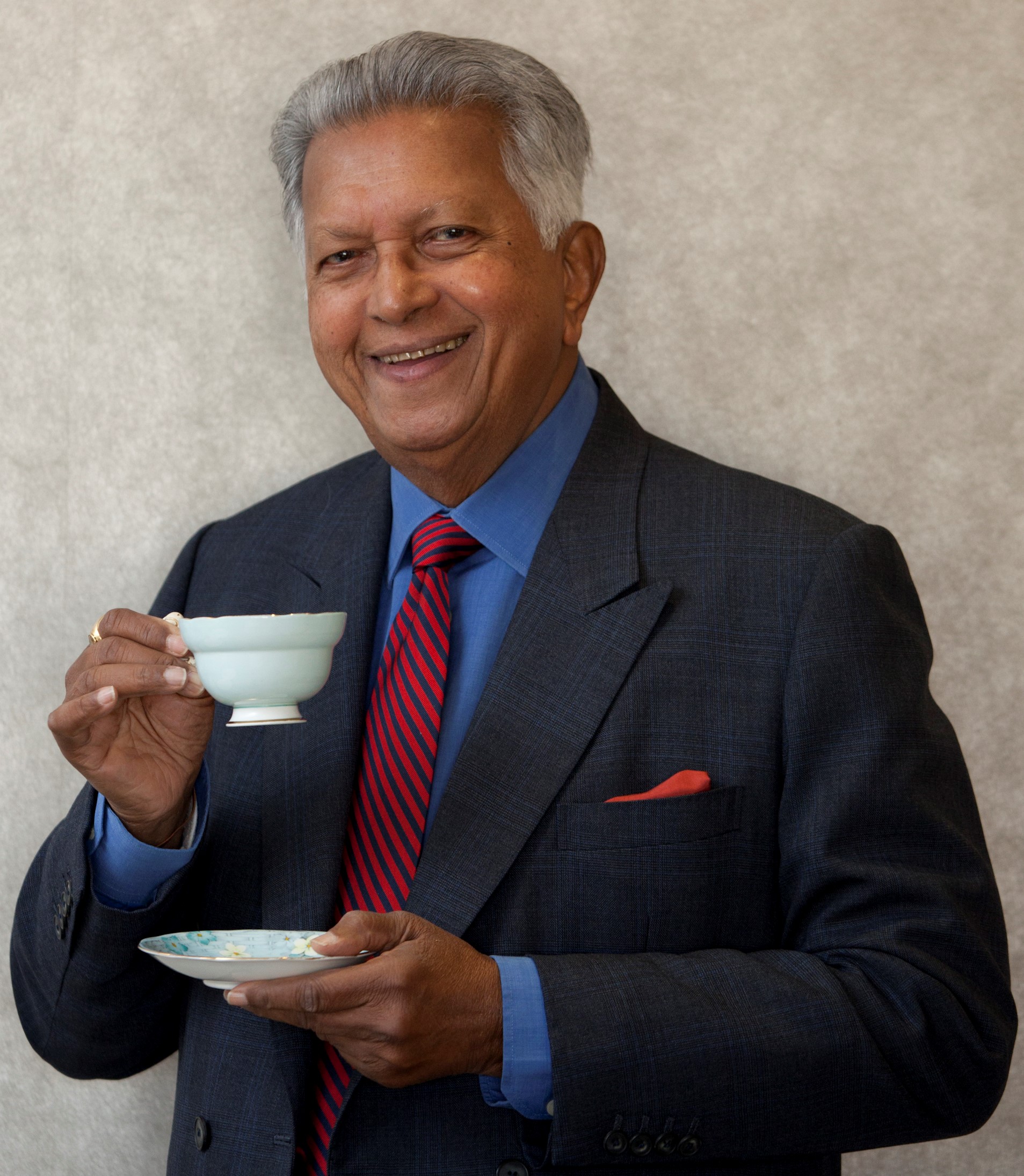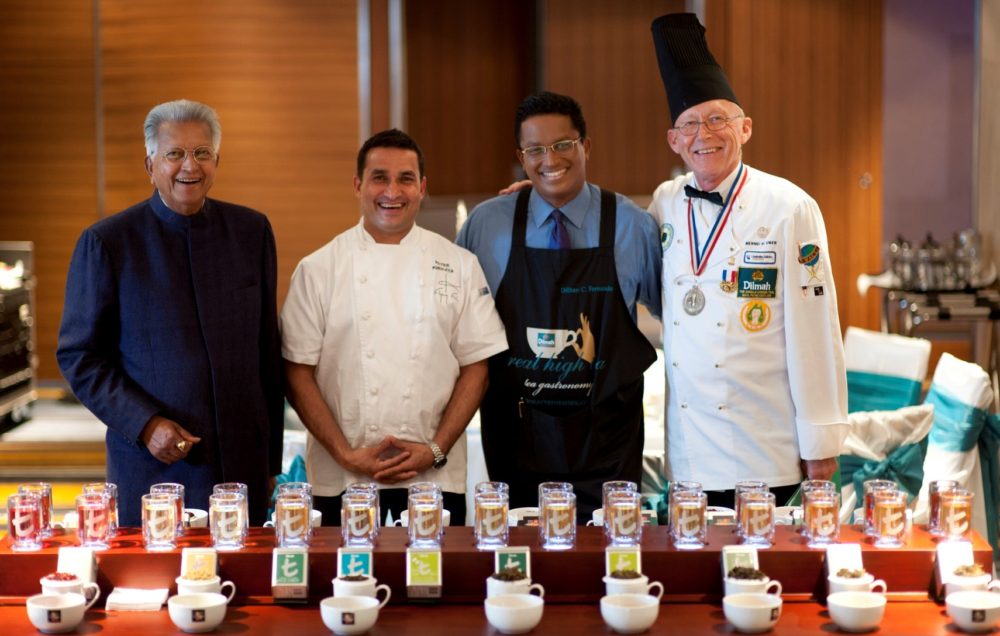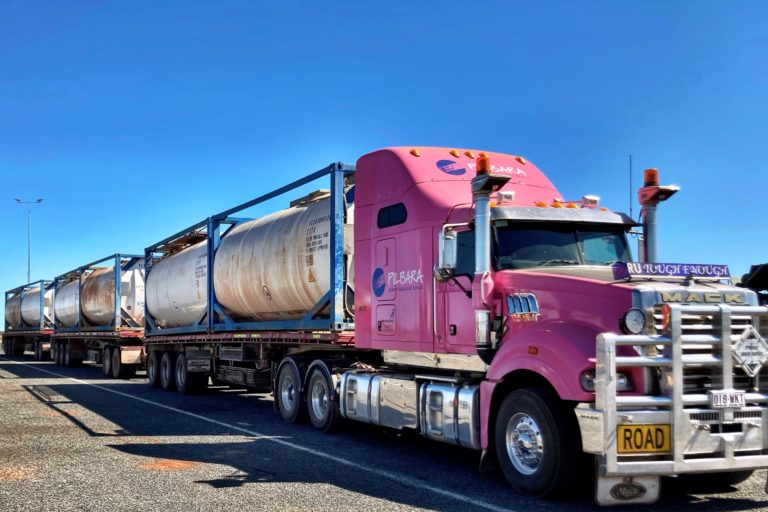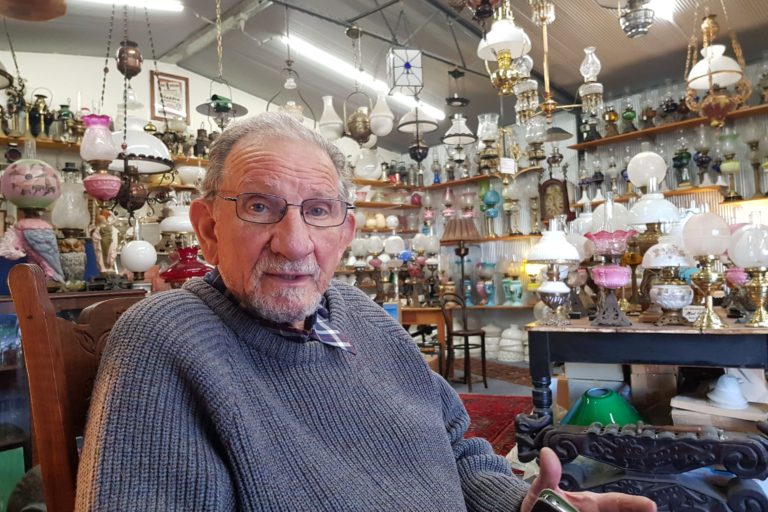By Neena Bhandari
Sydney, 03.09.2011 (The Business Times, Singapore): From a microcosm tea business, founder and patriarch Merrill Joseph Fernando has catapulted Dilmah tea to amongst the top eight brands in the world with his catchphrase `Single origin, 100 per cent pure Ceylon tea’, winning loyal consumers in 101 countries.
Come October and Dilmah will be capitalising on its `integrity, freshness and quality’ of tea to lure Singaporeans, aiming to exceed its sales by US$ 1.3 million by December-end and US$ 5 million in the next three to five years, capturing 15 per cent of the top-end tea market in the republic.
“Singapore is a potentially strong and important market for us. Singaporeans are well educated and know the health benefits of fresh tea that is rich in antioxidants”, says Mr Fernando, who will begin with intensive promotions in hotels, clubs and restaurants.
The premium brand will be only one or two cents per cup more than other brands and by next year, the company will open boutique Dilmah t-Bars, where consumers can taste eclectic collection of teas and enjoy the experience of learning to make, drink and appreciate tea.

“I offer something very special and that is single origin pure Ceylon tea. The success of Dilmah is strictly due to that difference. We are not into blends like the multinationals”, says Mr Fernando, 81, who grew up in the village of Pallansena in south-west Sri Lanka and spent his school holidays on the tea estates owned by his friends’ families.
The diligence and commitment of the tea pickers and plantation workers left an indelible impression on his young mind and he soon fell in love with tea. He recalls the then Ceylon which was such a rich, developed and well managed country that Singapore’s first Prime Minister, Mr Lee Kuan Yew, had said in a statement that he would make Singapore like Sri Lanka.
“Unfortunately in 1974 the tea industry in Sri Lanka was nationalised, which proved disastrous for Ceylon tea and the country”, says Mr Fernando, who at 18 years of age clinched the opportunity to enter the tea trade and went on to train at the then `mecca’ of tea, Mincing Lane in London.
There he saw how tea was being blended and mixed with other teas and often marked Ceylon tea, when the Ceylon tea component was only between 20 and 50 per cent. He realised the future of Ceylon tea was in danger. So at 23, he dreamt of having his own tea brand which would be pure and would offer a fairer deal to the workers.
It took 34 years for his dream to be realised with the launch of Dilmah in 1988 in Australia, a market he had been supplying tea in bulk since 1958. “I ensured Dilmah was the best and the first ethically produced tea. All the tea that I pack under the brand is grown, harvested, tasted, processed and packaged in Sri Lanka. The complete process of value addition is carried out in the country of origin and it goes to the market direct under the family name Dilmah, an amalgam of my son’s names Dilhan and Malik, without any middlemen”, says Mr Fernando.
The two sons oversee the day-to-day operations of the company, which employs 1,400 workers in its Colombo processing plant and another 30,000 on its 42 tea estates.
“Ours is the fairest trade,” says Mr Fernando, who feels the colonial exploitation had to come, “but the rulers at that stage provided the infrastructure, education and health. Today, producers of tea, coffee, coco and other raw materials are suffering from multinational exploitation, which is the most virulent form”.
Mr Fernando, who has relied on his own persona to make it big says, “Integrity of Dilmah is further strengthened because I put my face on the product. We treat our customers and workers as our own family and for me, Dilmah is my third son. The whole process is vertically integrated in the family company and the best person to advertise that is the family”.
Dilmah has been able to leverage itself with its strong brand name and remain profitable even during decades of political strife and conflict, and the Global Financial Crisis, growing on an average at 6 to 8 per cent every year. “The GFC didn’t hit tea because I suppose people want to drink their cup of tea anyway. Interest in tea is growing, also amongst young people, because of its health benefits”, says Mr Fernando.
The brand has just launched a selection of Exotic and Exceptional teas for young people. “Exceptional teas with flavours like the French Vanilla, Mediterranean Orange and Italian Almond are doing exceptionally well”, says Mr Fernando, who ranks the tea from Kenya as his biggest competitor.
In Sri Lanka, 95 per cent follow the traditional tea production process that has been perfected over centuries whereby the tea leaves are handpicked and undergo withering (evaporating moisture), rolling, oxidization (fermentation) and firing (heating with a natural fire). Using the traditional method can yield up to 40 different tea grades, each with its own appearance, character, taste, flavour and aroma.
“In Kenya, they use the newer Crush, Tear and Curl (CTC) production method, which typically reduces the total number of grades to just three. It is good for teabags, quick colour, but sacrifices the real character of traditional tea”, adds Mr Fernando, who attributes his success to divine guidance and his parents’ influence.
© Copyright Neena Bhandari. All rights reserved. Republication, copying or using information from neenabhandari.com content is expressly prohibited without the permission of the writer and the media outlet syndicating or publishing the article.



